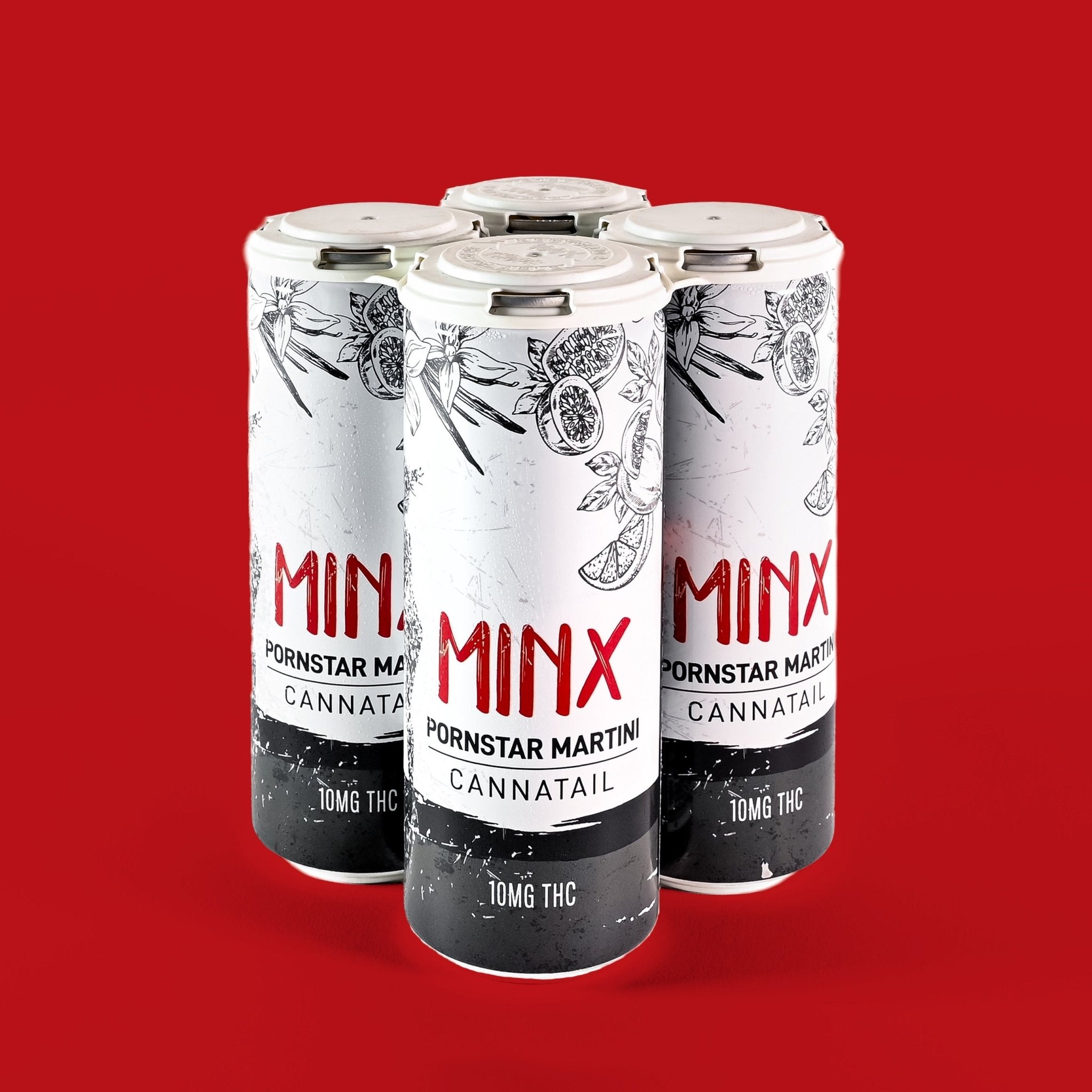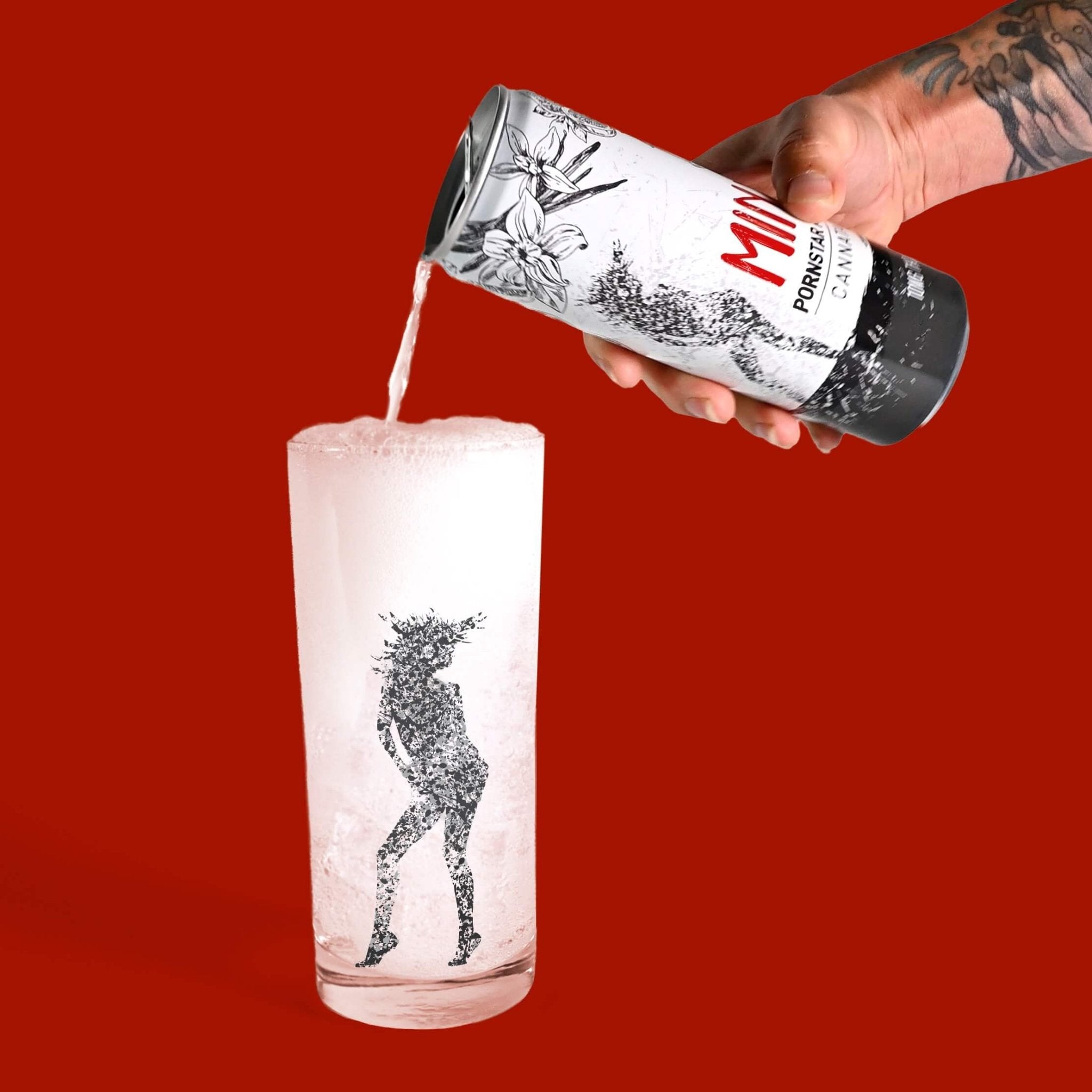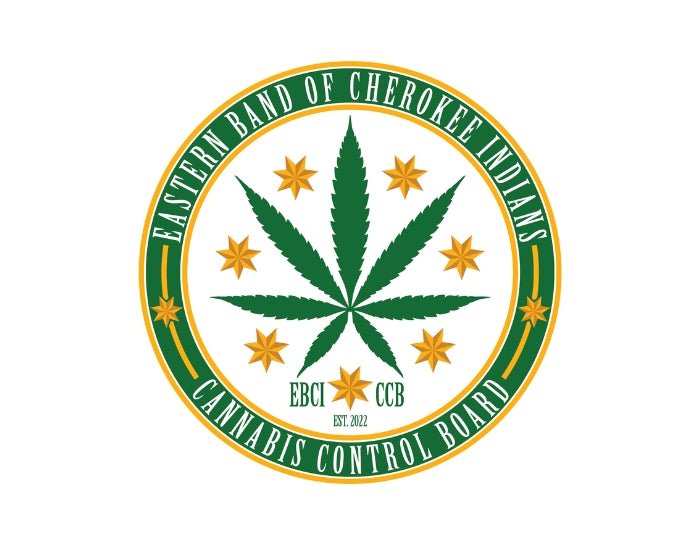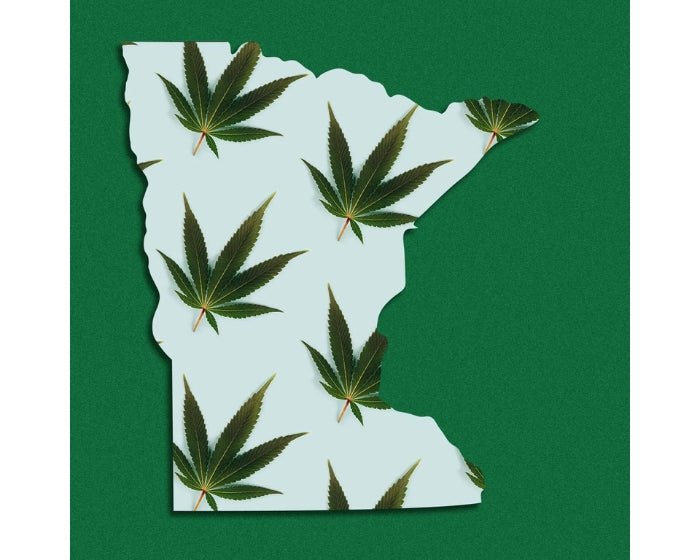Depending on how Congress acts concerning potential adjustments to the handling of hemp via the Farm Bill, two Florida state legislators may attempt to re-file legislation restricting the plant.

Being a business owner in the hemp industry is not for the faint of heart. Since the 2018 Farm Bill legalized the cultivation of hemp and the manufacture, distribution, and sale of hemp-based products, the widely misunderstood and enigmatic market sector has experienced massive growth and expansion in its early days and breathtaking contraction in recent years.
Much of that instability is due primarily to the ambiguity regarding hemp's legal status. While the Farm Bill did remove hemp from the Controlled Substances List, lawmakers failed to provide a regulatory framework for the onslaught of new and innovative hemp-derived products that hit the market shortly after the measure's approval.
This lack of foresight led to the production of a myriad of technically legal items like a synthetically-derived version of delta-8 THC. Delta-8 THC occurs naturally in hemp and cannabis but at minuscule levels. The synthetic process uses CBD to create a much more potent version of the cannabinoid, and according to health officials in several states, that chemically produced version has led to several tragic medical emergency incidents, including the death of a Virginia toddler last fall.
In response to the flood of largely unregulated and potentially hazardous hemp-based products containing delta-8, at least 20 states have passed laws severely restricting or altogether banning the THC isomer.
This past April, two Florida lawmakers sponsored legislation attempting to address the issue of potentially hazardous hemp-derived products. Polk County Republican Colleen Burton in the Senate and Manatee County Republican Will Robinson in the House initially proposed rigid limits on the amount of THC allowed in items containing hemp-based THC. Those restrictions included proposed levels of 5 MG per serving and 50 MG per package size.
Fortunately, after numerous discussions with stakeholders and advocates from the Florida hemp industry, lawmakers ultimately decided to stand down and remove the provisions that would have placed punitive limits on the THC levels in hemp-derived products.
However, according to multiple media outlets, Burton and Robinson may be changing their political tunes for the 2024 legislative session. Whether or not the political pair decides to rekindle their efforts to attach harsher limitations to items containing hemp-derived cannabinoids like delta-8 THC will depend substantially on the actions of Congress concerning the pending renewal of the Farm Bill in 2023.
While speaking at a roundtable discussion at Tampa General Hospital, Burton shared, "This summer, we were hoping to see a reenactment of the Farm Bill at the federal level and perhaps change the definition related to hemp."
"This summer, we were hoping to see a reenactment of the Farm Bill at the federal level and perhaps change the definition related to hemp."
- Florida State Senator Colleen Burton (R)
Also in attendance at the roundtable was State Agriculture Commissioner Wilton Simpson (R). Both were there to discuss the state's effort to curtail the spread of high-potency hemp products, particularly those marketed toward children.
Sector experts have been speculating and hoping that Congressional leaders could reregulate hemp in the 2023 iteration of the giant farm spending measure. However, Congress is far from agreeing on the final terms of the renewal, leaving state lawmakers like Burton and Robinson to ponder backup plans.
In a recent interview, Robinson said, "We're hopeful that Congress can pass something regarding an update on the farm bill. But we're not confident of that, so we may be looking at additional Florida legislation to see if we can help fill in some of these gaps."
"We're hopeful that Congress can pass something regarding an update on the farm bill. But we're not confident of that, so we may be looking at additional Florida legislation to see if we can help fill in some of these gaps."
- Florida State Rep. Will Robinson (R)
Even without the punitive THC limit restrictions, the current law is still formidable. Under its tenets, which went into effect this past July 1, the statute prohibits the sale of hemp-based products to individuals under 21. Likewise, it bans marketing aimed at children and prohibits packaging resembling candy that could entice kids.
The implication of revisiting those harsher restrictions is not welcome news to hemp farmers, product manufacturers, and retailers in the Sunshine State. Florida's hemp industry employs nearly 200,000 people and comprises almost 10,000 small businesses. According to economists, the economic impact of the previously proposed limits could decimate the still-developing market.
However, in the eyes of Burton, Robinson, and Simpson, the mission is to keep Florida's children safe. And if Congress does not address the issue appropriately, their message to Floridians is clear and straightforward - WE WILL.
"We've seen in poison control a pretty significant increase in the cases of exposure for these high potency THC products over the last several years. In 2022, we had about 933 cases of exposure in children, of which almost half (44 percent) resulted in hospitalization, which is pretty significant. And 29 percent of all kids who were exposed to this had moderate or severe effects," said Dr. Justin Arnold, the medical director of the Florida Poison Information Center in Tampa.
"We've seen in poison control a pretty significant increase in the cases of exposure for these high potency THC products over the last several years. In 2022, we had about 933 cases of exposure in children, of which almost half (44 percent) resulted in hospitalization, which is pretty significant. And 29 percent of all kids who were exposed to this had moderate or severe effects."
- Dr. Justin Arnold, Medical Director, Florida Poison Information Center in Tampa
There is little debate over the importance of health and safety concerning the regulation of any agricultural or health and wellness product like hemp and its derivatives. However, knee-jerk reactions and "sledgehammer" legislation aimed at fixing the problem may end up causing more harm than good in the long run. Rational debate and common-sense solutions won the day when lawmakers and industry stakeholders arrived at their compromise in April. Hopefully, that spirit and approach will prevail if the need arises again in 2024.







































